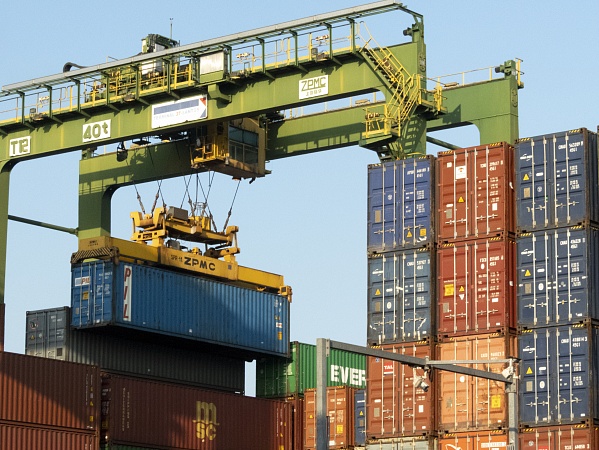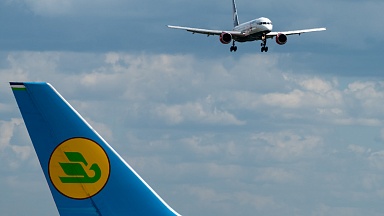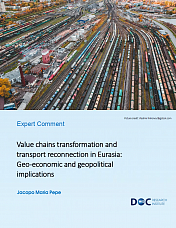Global supply chain disruptions will continue well into next year, but improvements may take place earlier than anticipated, according to survey of 800 container logistics companies.
Christian Roeloffs, chief executive of the Container xChange online container trading platform, said he foresees the pandemic and its new variants will continue disrupting port operations and labour capacity into 2022.
«Persistent unpredictability is warranted.»
Of those who took part in the survey, 65% expect the supply chain performance will remain the same over the next 12 months, while 11% expecting it to deteriorate further.
A majority (71%) of respondents said they were rethinking their logistics strategy, ranging from diversifying sourcing, holding more inventory to entering long-term contracts with carriers.
The survey involved responses from shipping lines, container traders, freight forwarding companies, non-vessel owning common carriers and shippers.
Mr Roeloffs noted the «return to normal» seems to be coming earlier than anticipated, and may arrive as early as the second half of next year.
«The current spike in rates is caused by a temporary supply crunch. But with disruptions such as labour union conflicts at US ports easing up, we will also see the capacity challenge improving.»
Container prices and leasing rates have already started to go down as the growth of demand for boxes loses steam, he said.
More than 40% of the surveyed attributed the container shortage this year to shippers using boxes as storage. Secondary reasons include carriers’ failures, inefficiency in matching box owners to potential users and longer transit times and port congestion.
Another key survey takeaway is that one-way leasing — which allows shippers to lease a container with extra flexibility by picking it up at one location and returning at another — emerged as the most sought-after alternative as compared with getting the equipment from the carriers.
The solution was preferred by half of the respondents, followed by long-term leasing contracts (28%) and buying containers (22%).




